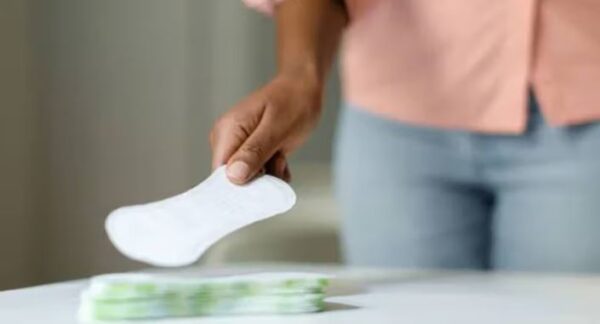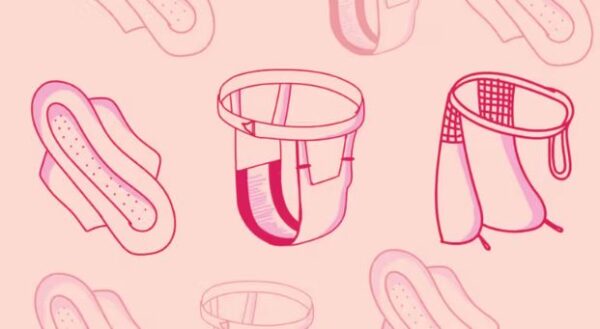Lifestyle
The right way to dispose your sanitary pads

A lot of ladies use sanitary pads. It is one item that is very important for menstrual hygiene.
Unfortunately, while billions of sanitary pads are used monthly by women, a lot of them gets disposed improperly. This can lead to significant health and environmental risks.
Many women unknowingly dispose of used sanitary pads in ways that can harm the environment, spread disease, and create unsanitary conditions.
Here are three wrong ways some ladies dispose of sanitary pads.
1. Flushing down the toilet
Flushing sanitary pads can clog plumbing systems and cause severe blockages in sewage lines. Pads do not break down like toilet paper and can lead to expensive repairs and environmental contamination when sewage overflows.
Clogged sewage systems can lead to untreated sewage being released into waterways, harming aquatic life and polluting water sources.
2. Not wrapping properly and throwing in open spaces
Disposing of pads in open areas, such as fields, parks, or streets, creates unsanitary conditions and an eyesore. It can attract animals, insects, and spread infections.
In addition, disposing of pads without properly wrapping them can expose waste handlers and others to menstrual blood, which can carry pathogens.
Open disposal leads to littering, contributing to land pollution and posing health hazards to the community. It can lead to the spread of infections and diseases, posing health risks to sanitation workers and others who come into contact with the waste.
3. Burning
Burning used sanitary pads releases harmful chemicals and dioxins into the air. These pollutants can cause respiratory issues and other health problems for those exposed to the smoke.
Air pollution from burning sanitary pads contributes to poor air quality and can have long-term environmental effects.
How to dispose your sanitary pads properly
The next question is what is the proper way to dispose of sanitary pads? Here are some recommended methods;
1. Using disposal bins
Always dispose of used sanitary pads in designated sanitary bins. These bins are usually lined with plastic bags to contain the waste.
Sanitary bins are designed to handle menstrual waste, reducing the risk of contamination and making it easier to manage and dispose of properly.
2. Wrapping properly
Wrap the used pad in its original wrapper, toilet paper, or a biodegradable disposal bag before throwing it away.
Proper wrapping prevents exposure to pathogens and reduces odours, making it safer and more hygienic for waste handlers.
3. Educating and advocating
You can also help limit improper sanitary pads disposal by educating others about proper sanitary pad disposal methods and advocate for better waste management systems in your community.
Increased awareness and better infrastructure can lead to widespread improvements in menstrual waste management, benefiting both public health and the environment.
In conclusion, you protect the environment and others with proper disposal of sanitary pads.








